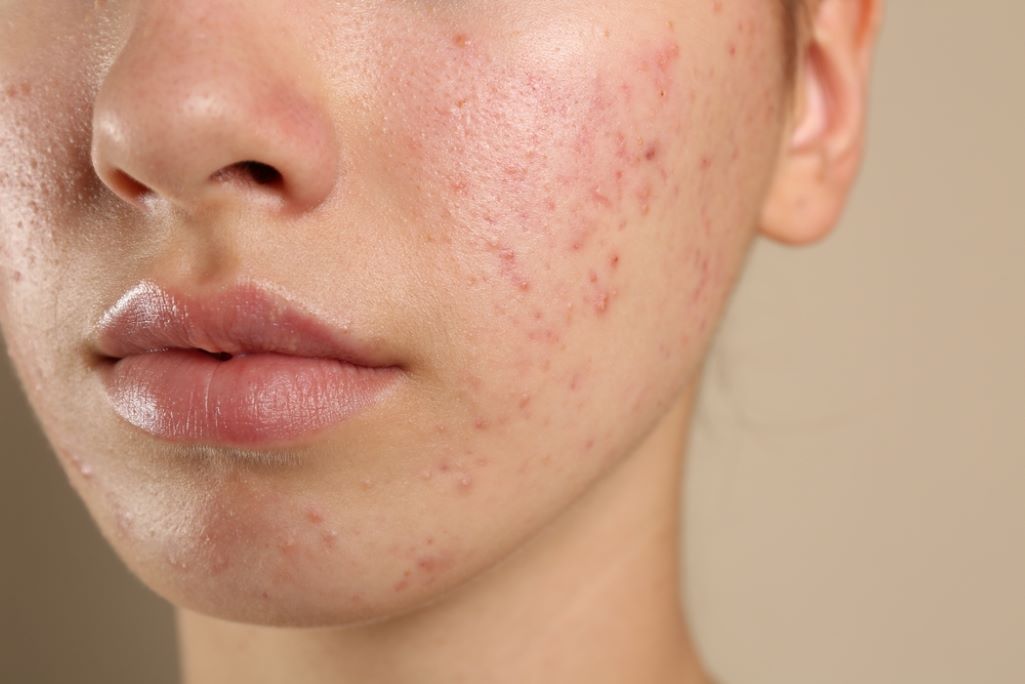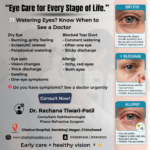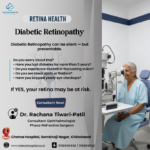Acne is a common skin condition that affects millions of people worldwide, often leading to frustration and insecurity, especially during the teenage years. However, acne isn’t limited to adolescence—it can affect adults as well. Acne awareness is crucial to help individuals understand its causes, how to treat it effectively, and to debunk some common myths surrounding it. In this blog, we will delve into the causes of acne, the available treatments, and clarify some of the myths that have perpetuated over time.
What is Acne?
Acne is a skin condition that occurs when hair follicles become clogged with oil, dead skin cells, and sometimes bacteria. The most common form of acne includes blackheads, whiteheads, pimples, and cysts. While it can affect any part of the body, it is most commonly found on the face, chest, back, and shoulders.
Causes of Acne
- Hormonal Changes: Hormonal fluctuations play a significant role in the development of acne. During puberty, the body undergoes many hormonal changes that increase the production of sebum (skin oil), which can clog pores and lead to acne. Women may also experience acne flare-ups during their menstrual cycle, pregnancy, or due to the use of birth control pills, which all affect hormone levels.
- Excessive Sebum Production: Sebum is produced by sebaceous glands located beneath the skin. When these glands produce too much oil, it mixes with dead skin cells and can block hair follicles, leading to the formation of acne. People with oily skin tend to experience more frequent breakouts because of overactive sebaceous glands.
- Bacterial Infection: Acne can be exacerbated by the presence of Propionibacterium acnes (P. acnes), a bacteria that normally lives on the skin. When hair follicles are blocked, this bacteria can thrive, causing inflammation and further aggravating acne.
- Clogged Pores from Dead Skin Cells: The shedding of dead skin cells is a natural process. However, if these cells do not shed properly, they can build up and clog pores. This combination of dead skin cells, oil, and bacteria can lead to the formation of acne lesions.
- Diet and Lifestyle: Diet plays a controversial but possibly significant role in acne development. Foods high in sugar, dairy, or processed fats may contribute to acne in some individuals. Additionally, lifestyle factors such as stress, lack of sleep, or certain medications can also exacerbate acne.
- Genetics: Acne can run in families. If your parents had acne, there’s a higher likelihood that you will also experience it. Genetic predisposition can determine how your skin reacts to certain triggers like hormones or bacteria.
Effective Acne Treatments
Acne treatment depends on the severity of the condition. For some people, over-the-counter (OTC) products may work, while others may need more intensive treatments. Let’s explore the common treatment options available:
- Topical Treatments: Topical treatments are applied directly to the skin and include ingredients such as benzoyl peroxide, salicylic acid, retinoids, and sulfur. These work by reducing inflammation, preventing the clogging of pores, and killing acne-causing bacteria.
- Oral Medications: For moderate to severe acne, oral medications like antibiotics, birth control pills (for women), and retinoids may be prescribed. Antibiotics reduce bacteria on the skin, while birth control pills help regulate hormones that may be contributing to acne flare-ups.
- Isotretinoin: In cases of severe or cystic acne, doctors may prescribe isotretinoin (commonly known as Accutane). This medication targets multiple factors that cause acne, including oil production, clogged pores, and bacteria. However, isotretinoin can have significant side effects, so it is usually reserved for more serious cases.
- Chemical Peels: Chemical peels are professional treatments where a solution is applied to the skin to exfoliate and remove dead skin cells, which can help unclog pores. This method can also reduce the appearance of acne scars.
- Laser Therapy: Laser treatments can target acne by using specific wavelengths of light to reduce inflammation and bacteria in the skin. Laser therapy is often used for more persistent or severe cases of acne.
- Proper Skincare Routine: A gentle skincare routine is essential for managing acne. Using non-comedogenic products (products that won’t clog pores) and avoiding harsh scrubbing or over-cleansing can help keep skin healthy without aggravating acne.
Debunking Common Acne Myths
Acne is often misunderstood, and several myths have surfaced over the years. Let’s clear up some of the most common misconceptions:
- Myth: Acne is Caused by Poor Hygiene. Many people believe that poor hygiene or not washing your face enough causes acne. While it’s important to keep your face clean, washing your skin too frequently or scrubbing too harshly can irritate the skin, making acne worse. Acne is primarily caused by hormonal changes, excess sebum production, and bacteria, not by poor hygiene.
- Myth: Acne Only Affects Teenagers. Acne is not confined to adolescence. While it’s more common during puberty due to hormonal changes, adults, especially women, can experience acne well into their 30s, 40s, and even beyond. Adult acne is often hormonally driven and may appear differently, with more cystic acne or breakouts along the jawline.
- Myth: Sun Exposure Helps Clear Up Acne. While it may seem like sun exposure can improve acne due to the drying effect of UV rays, it can actually worsen acne in the long term. Prolonged sun exposure damages the skin, causing inflammation and increasing the risk of scarring. It also can trigger acne flares when the skin becomes oily in response to sun damage.
- Myth: Diet Has No Impact on Acne. There is growing evidence that diet may have a role in acne development, especially foods high in refined sugar and dairy. However, diet’s effect varies from person to person. A balanced, healthy diet rich in fruits, vegetables, and whole grains can help improve overall skin health.
- Myth: Popping Pimples Helps Them Heal Faster. Popping pimples is one of the worst things you can do for your skin. Squeezing pimples can lead to scarring, infection, and the spread of bacteria, which can lead to even more breakouts. It’s best to leave pimples alone and use proper treatments to manage them.
Conclusion
Acne is a multifactorial skin condition that affects millions of individuals worldwide. Understanding the causes, effective treatments, and debunking myths surrounding acne is crucial to manage the condition and improve self-esteem. Whether you’re a teenager or an adult, seeking professional advice from a dermatologist and adopting a consistent skincare routine can go a long way in managing acne and preventing future breakouts. Remember, patience is key when it comes to acne treatment, and there is always a solution tailored to your specific skin type and needs.
For Consultation Contact us on 9158681123
Website – www.chetnahospital.co.in
Address – Chetna Hospital, Sambhajinagar, MIDC, G Block, Near Rotary Club, Chinchwad 411019
.
.
.
#hospital#pune#pcmc#chinchwad#health#healthcare#skin#dermatologist#skinspecialist#skinclinic#hairdermatologist#skindoctor#dermatologistappointment#skincareprofessional#derma#skindr













